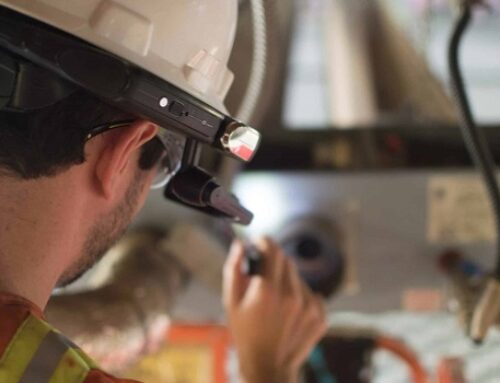
In any organization, some actors leave and others arrive. The former possess skills and knowledge that are extremely valuable to the company’s business, which is, therefore, working to preserve this capital by ensuring its transmission to newcomers.
Skills and know-how: a heritage to be maintained
As time passes and a company’s activity develops, it builds up intangible capital that it is called upon not only to preserve but also to strengthen in order to remain competitive.
This heritage is composed of the know-how, knowledge and skills that its employees possess, acquire and apply. However, turnover, which is the rate of staff turnover, is an inevitable phenomenon. Departures are inevitable, whether through retirement or resignation, among other causes. Just as arrivals are essential, whether to compensate for these departures or to meet other imperatives (increase in demand, company development, etc.).
The challenge for any industry player is to ensure that, between the departure of employees and the arrival of new ones, know-how, knowledge and skills are transmitted in an optimal way. In other words, it is a question of limiting the losses of these achievements on the one hand and, on the other, improving them and accelerating the rise in skills.
The importance of documentation in preserving and optimizing skills
This is a major challenge for the company. But what can it rely on to achieve this objective?
Documentation plays a key role in this process. The creation, updating, management and transmission of media makes it possible to ensure and facilitate the transmission of knowledge to employees who need the information they contain to carry out their respective missions. Processes, procedures and work instructions must be formalized in writing, as required by ISO standards.
For a newcomer in an organization, having reference documents, such as step-by-step guides, developed by taking advantage of accumulated experience and know-how, allows you to be quickly productive and protect yourself against mistakes.
The usefulness of documents in terms of transmitting skills is therefore undeniable, but they are not sufficient.
Establish a favourable environment for the transmission of know-how
They are not enough, on the one hand, because there is the knowledge that cannot be recorded and transmitted in writing. Informal, they include tips, social and relational codes, among others.
On the other hand, above all, because it is also necessary to set up an organisation and conditions favourable to the optimal transmission of know-how and knowledge. This requires the precise definition of each person’s roles (who will be called upon to train the new ones? Are they exclusively the elders or will other trainers be used?) and the promotion of specific qualities, such as pedagogy in the trainer or the collaborator on departure. Beyond the quality of information, the way in which it is transmitted is essential. On the learner’s side, skills such as cooperation, listening, curiosity and initiative should be encouraged.
Picomto is the solution for capturing and disseminating operational know-how in the industry. Feel free to contact us if you need more information.




Leave A Comment